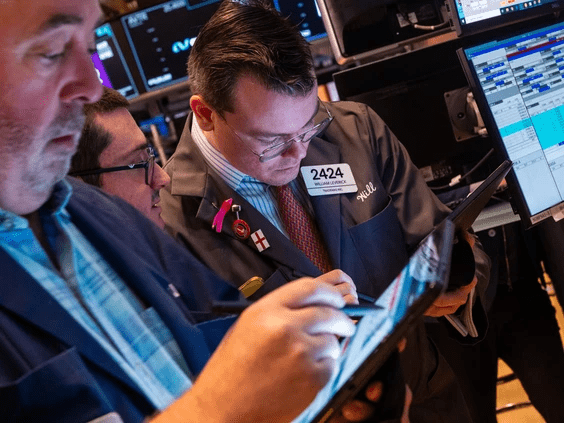Financial Post: FP Answers
What is a “behavioral edge” in investing? How does it potentially enhance returns? How can an investor develop it?

As published in the Financial Post on 29 March 2024.
Q: What is a “behavioural edge” in investing? How does it potentially enhance returns? How can an investor develop it? – Giovanni
FP Answers: “Behavioral edge” is just another way of saying “temperament”. Temperament refers to a habitual way a person behaves in each situation. For example, one person may be easy-going and relaxed while another is more likely to be impatient and assertive. Temperament is the unsung hero of investing success. Gaining insight about our innate emotional temperament and learning how to work with it gives an edge in investing.
The common misconception is that to be a successful investor one needs a high level of intelligence. No doubt, it can be helpful. But based on many years in the industry, I’ve seen it is not always the most important differentiator. Once someone has at least an average level of intelligence, it is temperament that often provides the investing edge leading to better returns over the long term. In the words of famed investor Warren Buffett: “Investing is not a business where the guy with the 160 IQ beats the guy with the 130 IQ.”
Having the right temperament can potentially enhance investment returns in several ways. An investor who is very reactive to external events is likely to fare poorly over the long term because, quite simply, the world is full of uncertainty and always will be. Markets are highly reactive, abetted by algorithmic trading and automatic rebalancing by ETFs. Individual investors should not be. Research shows that investors who trade frequently or try to time the market underperform. On the other hand, those investors who can remain calm and patient throughout market cycles do better because, historically, markets trend upwards. Hands down, being calm, cool, and collected is the right temperament for an investor to have.
The concept of “Homo economicus” describes a hypothetical person who consistently makes rational decisions. In real life, our decisions are coloured by our formative experiences, moods, external circumstances, what we ate for lunch, and a host of other factors. These influences drive our behaviors, but they often operate below conscious awareness. (Even artificial intelligence apps “hallucinate”!) Given that behavior is some combination of cognitive and emotional inputs, an investor can create an edge by developing a disciplined investment process that overrides temperament, especially during highly volatile periods.
The term “active patience” means being clear about your investment principles and what you are looking for— and practicing active patience until the right opportunity arises. In contrast, regular patience is making an investment decision and sticking with it no matter what even if it was the wrong decision. The latter approach is unlikely to bring financial success which is the major goal of investing. Active patience is what Warren Buffett would call the “fat pitch” which occurs when the market (occasionally) presents a very attractive opportunity. When an investor has clear principles on what they are looking for, it is easy to spot a great opportunity and take full advantage of it when it arises.
Can we change our temperament? Recent studies show that personality traits and moods are subject to change, sometimes within the hour! Temperament may not be as fixed as we’ve been led to believe. Becoming a better investor starts with self-knowledge— and lots of practice. The behavioral traits associated with good investment outcomes are patience, discipline, emotional control, and risk awareness. It so happens, these qualities also lead to good life outcomes, too. A calm temperament is the bedrock of making sound investment decisions. Every investor must determine for themselves how to achieve greater equanimity—there is no shortage of books, videos, and TikTok tutorials on that evergreen topic. I would also add the importance of staying humble. In investing, as in life, the learning never stops. Staying open to new information and having the courage to challenge our own and others’ beliefs and habitual behaviors are the keys to future success.
– Felix Narhi, CFA



